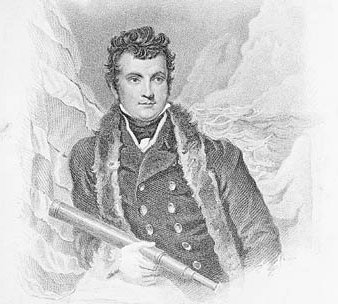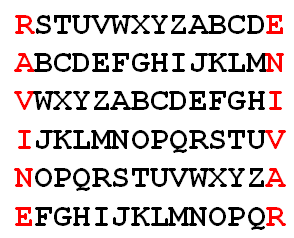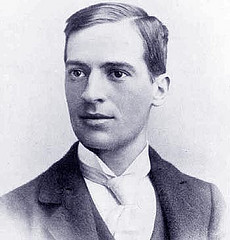Somebody had told me of a dealer in gin who, having had his attention roused to the enormous waste of liquor caused by the unsteady hands of drunkards, invented a counter which, through a simple set of contrivances, gathered into a common reservoir all the spillings that previously had run to waste. … It struck me, therefore, on reviewing this case, that the more the people drank, the more they would titubate, by which word it was that I expressed the reeling and stumbling of intoxication. … [T]he more they titubated, the more they would spill; and the more they spilt, the more, it is clear, they did not drink. … Yet, again, if they drank nothing worth speaking of, how could they titubate? Clearly they could not; and, not titubating, they could have had no reason for spilling, in which case they must have drunk the whole–that is, they must have drunk to the whole excess imputed, which doing, they were dead drunk, and must have titubated to extremity, which doing, they must have spilt nearly the whole. … ‘And so round again,’ as my lord the bishop pleasantly expresses it, in secula seculorum.
— Thomas de Quincey, Essays on Philosophical Writers, 1856



